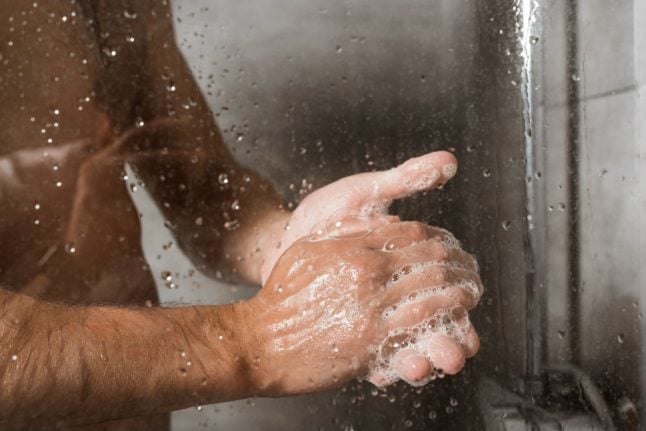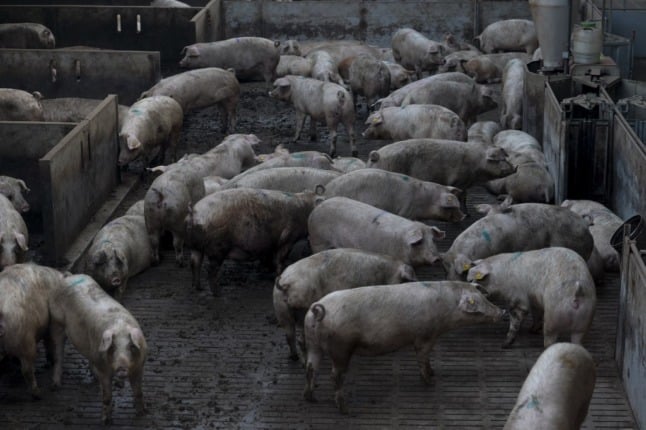Although Norway does not generally experience water shortages due to its climate, an emergency situation was declared in 2017, when measures to save water were temporarily introduced.
Long-term, weather changes and ageing pipes could see water become a more expensive resource, NRK has previously reported.
As such, Oslo Municipality’s Water and Sewage Administration (Vann- og avløpsetaten) has offered a useful tip to reduce water waste: it’s ok to pee in the shower.
“We have to stop wasting (water),” section leader of the municipality’s water department Frode Hult told NRK.
According to Statistics Norway, each person in the country uses an average of 182 litres of water daily – almost twice as much as in neighbouring Denmark, according to NRK’s report.
As such, there’s plenty of room for reduction.
“We could, for example, pee in the shower,” Hult said to NRK.
“(It sounds like a strange suggestion) but it's a fine idea. We can also brush our teeth in the shower. It’s also good for the environment, because municipalities use a lot of electricity cleaning water,” he said.
In addition, Hult advised turning off water faucets while brushing teeth; scraping waste food from plates and cutlery before using the dishwasher (rather than rinsing); only using the dishwasher when it is full; using economic dishwasher and washing machines; and refraining from watering lawns.
The amount of water used varies considerably from one area to another: cities use a lot more than rural areas, while some locations have more water sources than others.
Saving on water consumption could give municipalities more money to fix leaky pipes, according to one argument, with up to 30 percent of water pipes across the country less than watertight.
“It’s a big problem. A lot of water disappears because of leakages,” Marius Fjellås, who works for the municipality in Trondheim said to NRK. Part of Fjellås' job is to locate such leaks, NRK writes.
But peeing in the shower is probably not the first step towards solving the problem, according to Fjellås.
“It’s not what I’d start with,” he said, adding:
“We have more water sources here than in Oslo, so we have enough water. But it’s naturally fine to save a little”.



 Please whitelist us to continue reading.
Please whitelist us to continue reading.